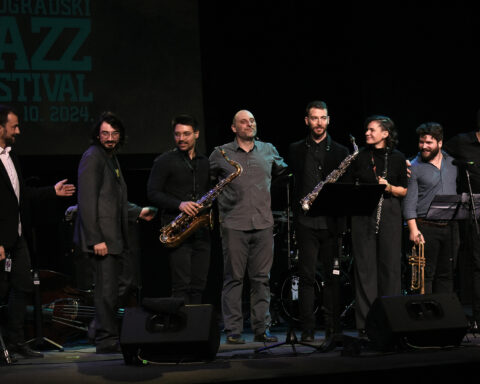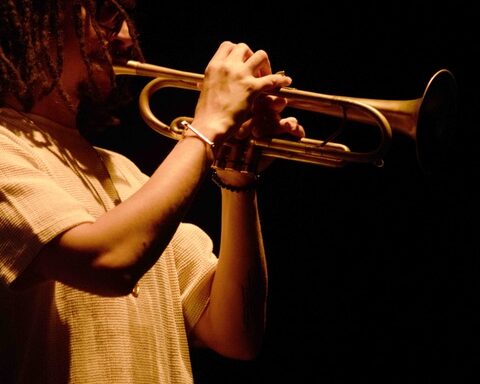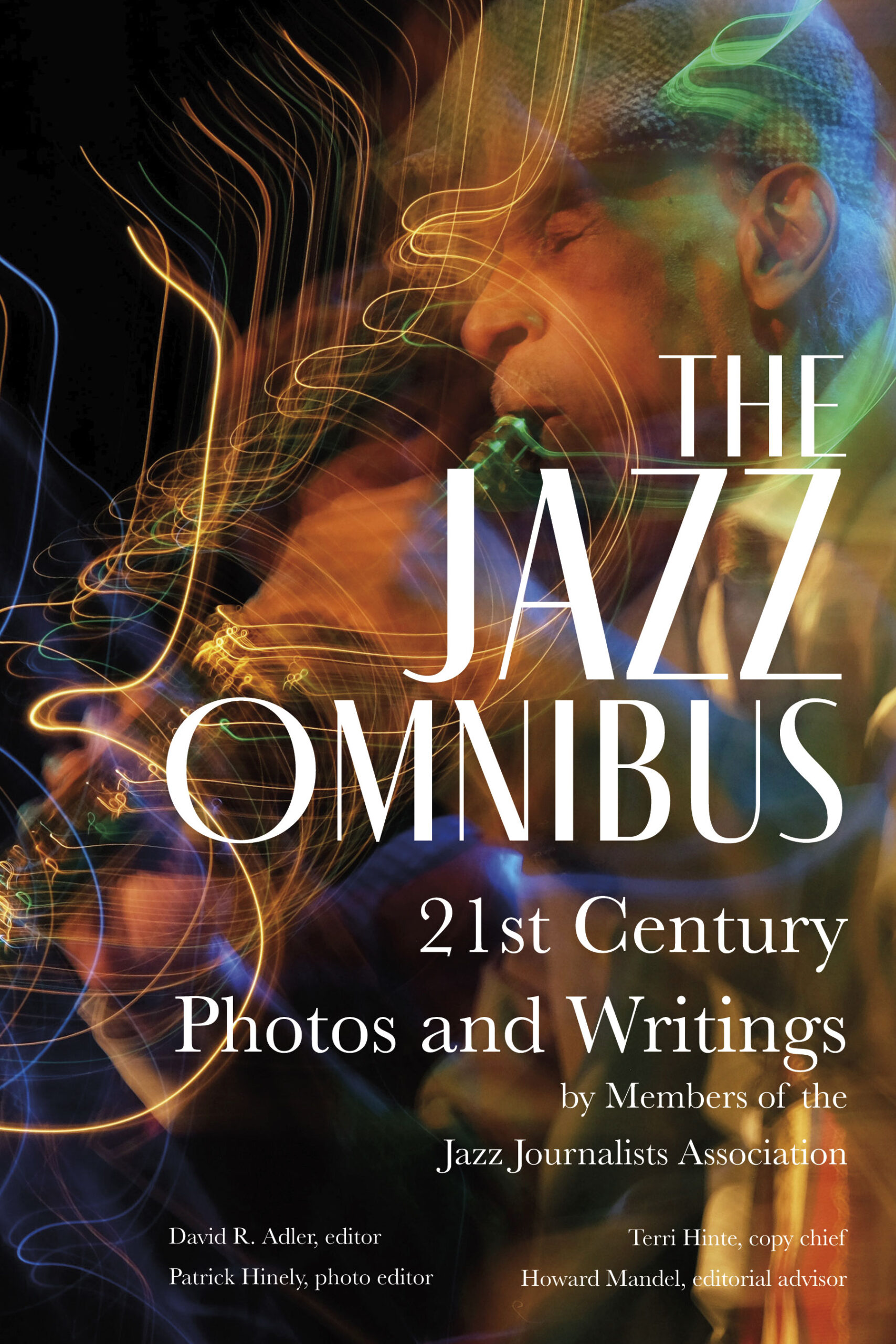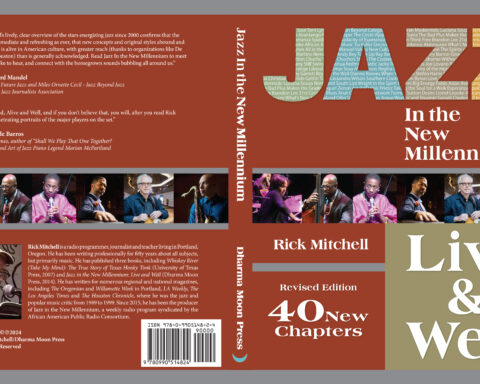The JazzWeek Summit, which has spent eight of its nine years in Rochester, New York, will move to Detroit in the summer of 2012. Having occurred annually during the Xerox Rochester International Jazz Festival since 2002 (with one exception: in 2005 the Summit relocated to Syracuse), the jazz radio-centric conference will next take place in advance of the 33rd Detroit Jazz Festival.
In an e-mail Ed Trefzger, co-founder and editor of JazzWeek, said: “The primary reason for moving is that Detroit reached out to us to see if we could be a part. The Detroit Jazz Festival is very tuned in with radio and produces a two-hour radio program each year that is heard nationwide.
“More than anything else, logistics caused us to find a new home for the Summit,” said Trefzger, adding that hotel bookings were hard to organize around the Xerox Festival, which had a record 185,000 attendees this year. He found Detroit’s invitation to host the 2012 Summit easy to accept.
JazzWeek publishes a weekly jazz and smooth jazz radio airplay chart in the United States and Canada in an attempt to connect radio stations — terrestrial and internet — record labels and retailers. Trefzger, a member of the Jazz Journalists Association, said that the JazzWeek Summit “fills a gap that has been lost through the demise of events like the radio day at IAJE that NPR used to sponsor.” At the recently concluded Summit, which took place from June 16 to 18 in Rochester and had about 40 attendees, discussions revolved around radio and promoter relations; Internet radio and social media; and mixing genres within the jazz radio format.
According to Trefzger, who is based in Rochester, the move to Detroit will make it easier for many to attend the Summit. “For people coming from the Midwest or West Coast, flights into Rochester have become quite expensive. And we found that many of the radio folks who can afford but one trip have been heading to Detroit,” he said.
The move may also align with an interest in attracting musicians to the Jazz Summit. The rise of Internet piracy gives musicians added incentive to participate. “Musicians who are do-it-yourselfers can greatly benefit by getting a first-hand look at what’s involved in getting their music played on terrestrial and internet radio,” said Trefzger. “Already in the past two days the response has been very positive from several people who were not able to attend here because of the time of year or the cost. They’re looking forward to 2012.”
Tom Marcello, manager of vibist Joe Locke and a resident of the Rochester area, said in e-mail that he was not upset that the Summit will be changing cities: “I hope to keep attending no matter where it is, as many of these wonderful people have become friends.”





